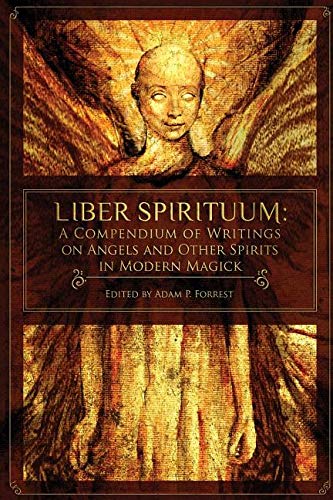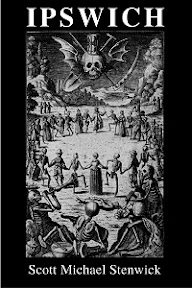And here I thought it would be The Satanic Temple.
Indiana's Religious Freedom Restoration Act has continued to draw criticism since it was signed into law last week. Supporters of the law contend that it is no different than RFRA laws on the books in twenty other states, though The Atlantic has a good article up explaining why that's not the case. CNN reported yesterday that Indiana's top legislators now plan to amend the law to include the anti-discrimination clause they originally voted down, so the problems with it may yet be fixed.
Anyway, all of that has already been hashed out in numerous online discussions, and while it's on-topic here at Augoeides, it's kind of technical and just not all that funny. This is. Activists in Indiana have chartered the "First Church of Cannabis," a religion based on love, understanding, compassion, and smoking up. They plan to assert their right to violate the state's marijuana statutes on religious freedom grounds.
Levin does have a fairly strong argument here if the law remains in its current form. The federal RFRA, for example, protects the use of peyote in Native American religious ceremonies, even though the drug is otherwise prohibited. And his proposal is funny for precisely that reason. It's unlikely that the legislators who passed the law meant it to be used in this way, and it effectively highlights a big unintended consequence of it.
So either the legislators change the law, or it stays as it is and there's a chance that Levin may get to keep his cannabis church. There are a number of ways he could lose, of course, if the government can prove a "compelling interest" in marijuana prohibition, but no matter what it seems certain to generate a lot of publicity and keep the ramifications of the law in the public spotlight.
Indiana's Religious Freedom Restoration Act has continued to draw criticism since it was signed into law last week. Supporters of the law contend that it is no different than RFRA laws on the books in twenty other states, though The Atlantic has a good article up explaining why that's not the case. CNN reported yesterday that Indiana's top legislators now plan to amend the law to include the anti-discrimination clause they originally voted down, so the problems with it may yet be fixed.
Anyway, all of that has already been hashed out in numerous online discussions, and while it's on-topic here at Augoeides, it's kind of technical and just not all that funny. This is. Activists in Indiana have chartered the "First Church of Cannabis," a religion based on love, understanding, compassion, and smoking up. They plan to assert their right to violate the state's marijuana statutes on religious freedom grounds.
The church’s founder Bill Levin said he filed paperwork in direct response to Indiana Gov. Mike Pence’s signing the Religious Freedom Restoration Act into law last Thursday. Secretary of State Connie Lawson approved the church as a religious corporation with the stated intent “to start a church based on love and understanding with compassion for all.”
Cannabis is listed as the church’s sacrament in its doctrine, Levin said, and he will set up a church hierarchy. The church will plan to grow hemp, he said, though it will not buy or sell marijuana. “If someone is smoking in our church, God bless them,” Levin said. “This is a church to show a proper way of life, a loving way to live life. We are called ‘cannataerians.’”
Levin does have a fairly strong argument here if the law remains in its current form. The federal RFRA, for example, protects the use of peyote in Native American religious ceremonies, even though the drug is otherwise prohibited. And his proposal is funny for precisely that reason. It's unlikely that the legislators who passed the law meant it to be used in this way, and it effectively highlights a big unintended consequence of it.
So either the legislators change the law, or it stays as it is and there's a chance that Levin may get to keep his cannabis church. There are a number of ways he could lose, of course, if the government can prove a "compelling interest" in marijuana prohibition, but no matter what it seems certain to generate a lot of publicity and keep the ramifications of the law in the public spotlight.

























No comments:
Post a Comment